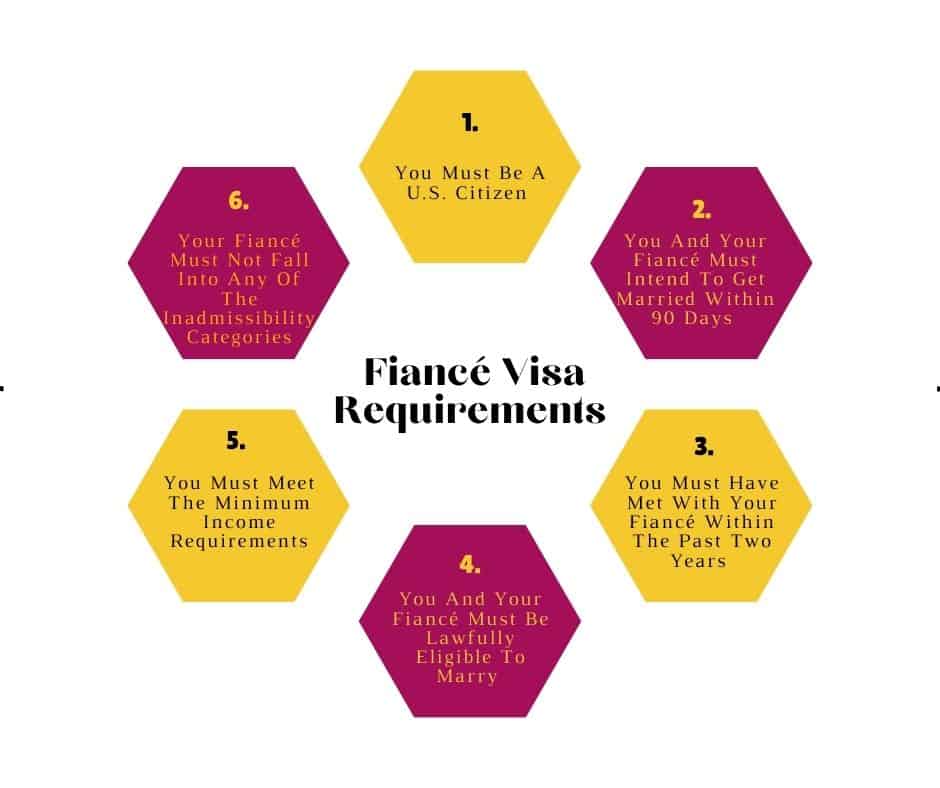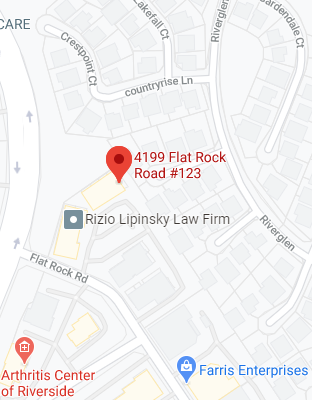Navigating the green card process is often a confusing journey, with unexpected twists and turns. When such moments occur, many immigrants feel confused, frustrated, and often afraid – afraid that their hopes of becoming a permanent resident are about to end.
For instance, nearly 30% of immigrants awaiting their green card interview dates, instead receive a Request For Evidence (RFE). Many times, their fear is heightened by a belief they have no additional documents to provide.
Yet, as I have learned in my green card attorney practice, immigrants often underestimate the evidence they have access to and fail to realize that a Request For Evidence does not have to lead to a green card denial.
Read More
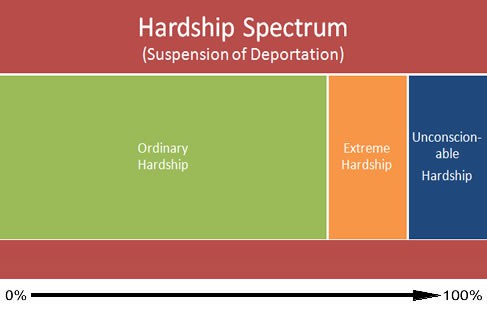
What is hardship in immigration law – and why is it important?
It’s about your family’s suffering. Simply stated, how much they will suffer if you are removed from their lives.
Hardship is an important requirement in many immigration cases. In such cases, the amount of hardship your family will endure, upon your absence, makes the difference between winning and losing.
Although the term sounds simple to understand, it is anything but simple to prove.
Read More
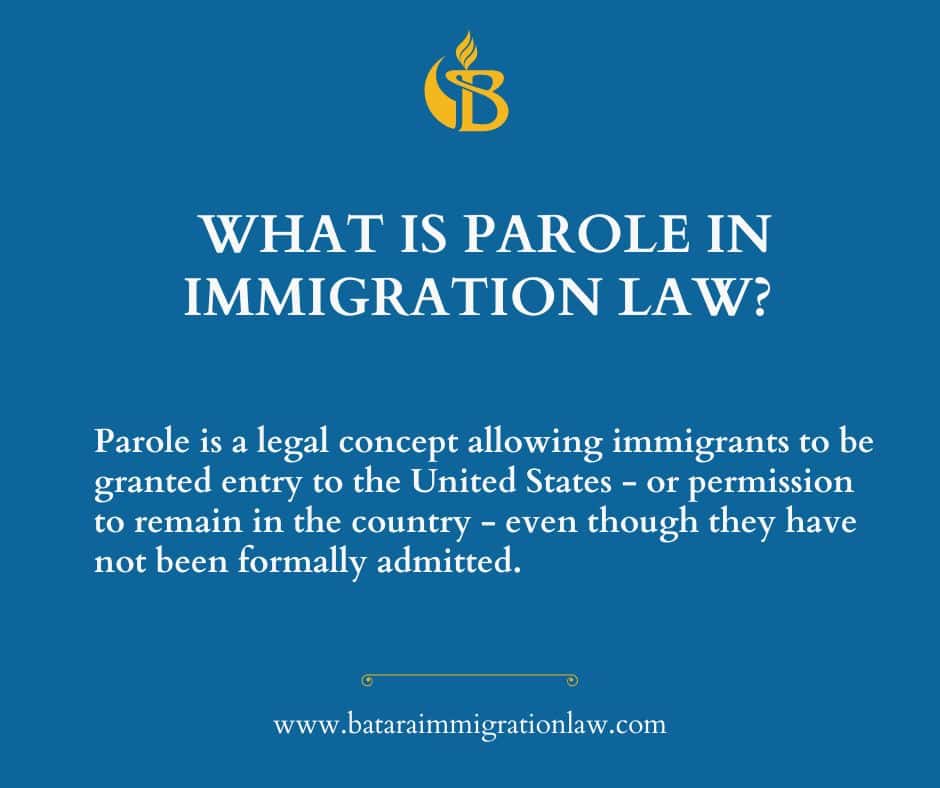
On June 18, 2024, President Biden announced a new program entitled “Process To Promote The Unity And Stability of Families”, for immigrant spouses of U.S. citizens.
The proposal relied on a concept known as Parole-In-Place, one of the three different types of parole used in immigration law.
Under parole-in-place, immigrants are already in the U.S. – who have not been admitted – are allowed to remain in the United States. Generally, this form of parole has been reserved for specific family members of a current or past member of the U.S. military.
On November 7, 2024, the Biden proposal was struck down by a federal court. Nonetheless, parole remains an important concept for immigrants to understand.
Read More

To understand many of the flaws in our immigration system today, you need to know how immigration law was transformed, or perhaps more appropriately, deformed, by changes dating back to 1996.
These measures continue to haunt immigrant families even now, nearly 30 years later.
Read More
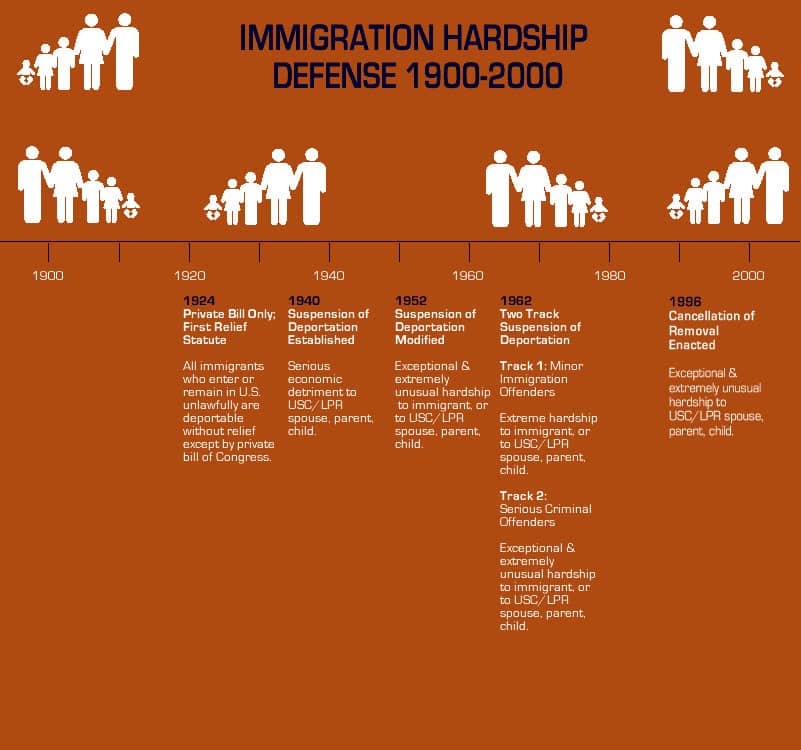
As a deportation defense lawyer, it’s one of the most infuriating comments I hear armchair critics make about immigration reform.
“Well, I don’t get it. I don’t know why people can’t wait to enter the country legally. My ancestors had it tough, too, but they came in through proper channels.”
They overlook that was then. This is now.
Read More
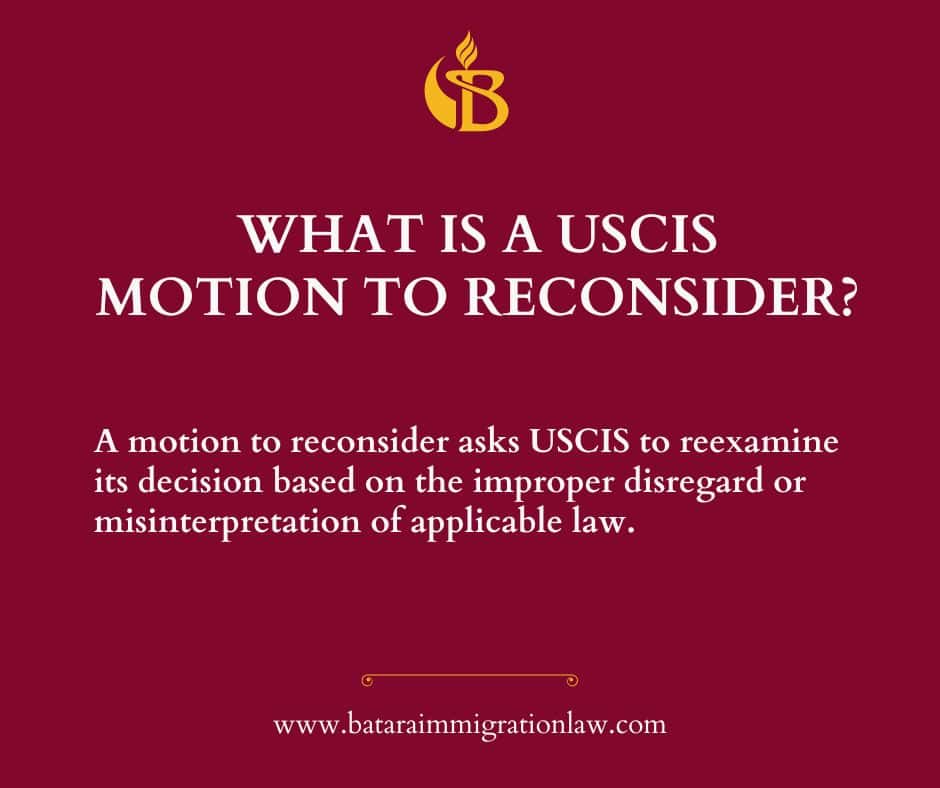
A motion to reconsider asks USCIS to reexamine its decision based on the improper disregard or misinterpretation of applicable law.
In general, a USCIS I-290B motion to reconsider is filed after an immigrant has lost his case, but the government has made an error or law.
The legal error motion may cause the agency to correct its mistake, which was utilized as the basis in the prior determination.
Read More
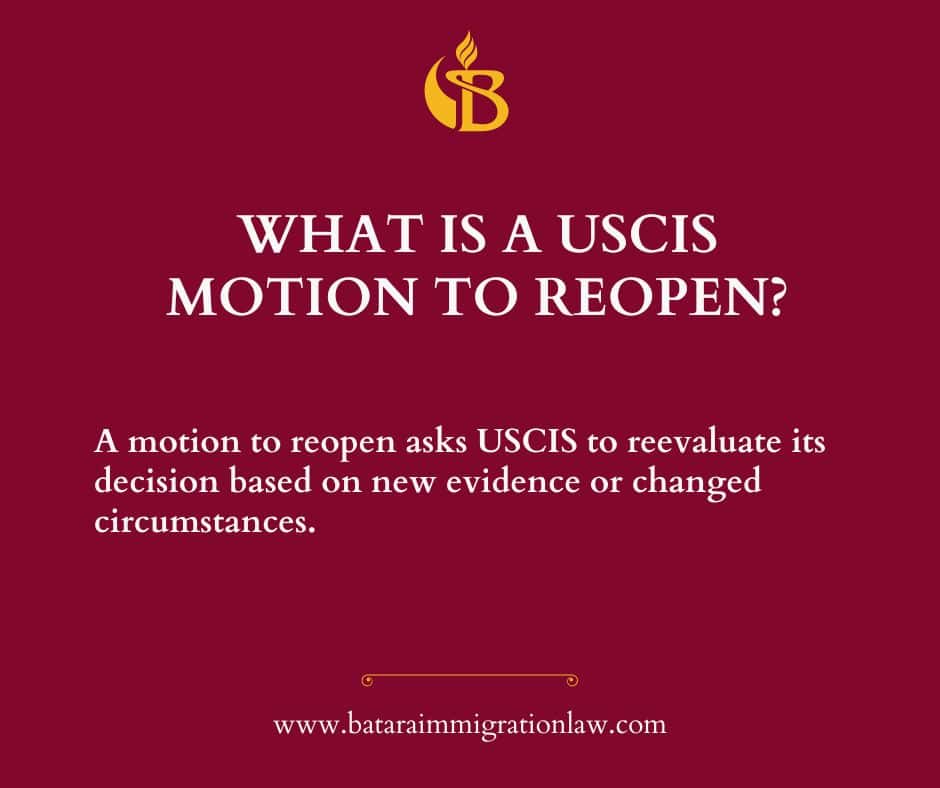
A motion to reopen asks USCIS to reevaluate its decision based on new evidence or changed circumstances.
In general, a USCIS I-290B motion to reopen is filed after an immigrant has lost his case, but new facts and information emerge.
This evidence may enable an immigrant to seek relief which did not exist at the time of the unfavorable decision against him.
Read More

For immigrants, taking the oath of allegiance means they have crossed the final frontier of immigration law.
It represents a major turning point in their lives.
So what Is The Oath Of Citizenship?
Read More

“Is immigration causing cultural ghettos in cities?”
That was a question asked by Su-Lu Tan, a news reporter for the Australian Financial Review.
She added, “And should we be worried?”
In a broader sense, she was addressing assimilation, and by implication, segregation, in the U.S.
Read More







